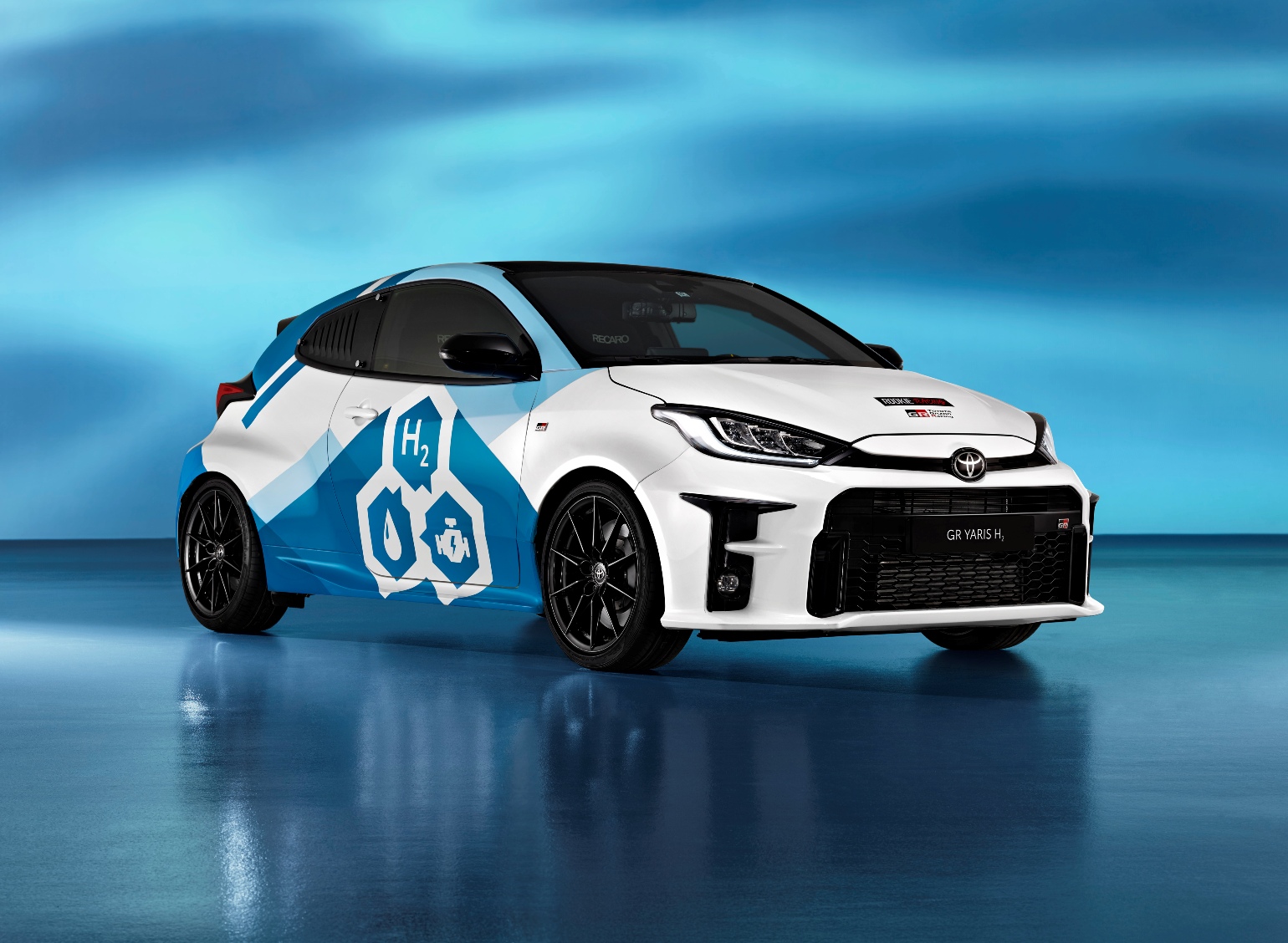Is it any better than the petrol version?
As major automakers bet big on electric vehicles, Toyota seems to have its sights set on hydrogen. The Japanese manufacturer already has the Mirai fuel cell electric vehicle (FCEV) in its model lineup but it is also in the midst of experimenting with a hydrogen-powered combustion engine.
The engine in question is GR Yaris’ G16E-GTS 1.6-litre turbocharged inline-three engine that benefits from modified fuel supply and injection system to accommodate hydrogen. The modified engine was actually deployed in a Corolla Sport, which Akio Toyoda himself at one point piloted in Japan’s Super Taikyu series, and now it has been returned to its rightful owner, so to speak.
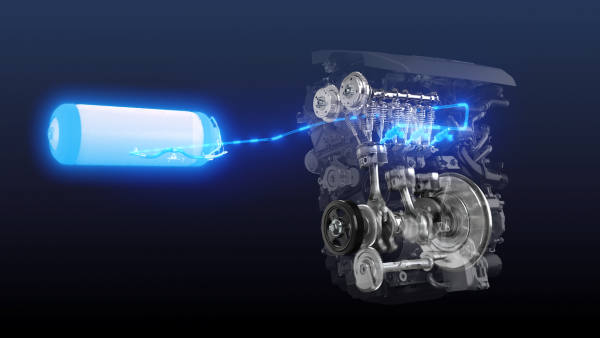
In essence, it uses the same hydrogen fuel, fuel tanks and refuelling process as the Mirai but unlike the flagship FCEV, which relies on chemical reaction between hydrogen and oxygen to generate energy, the experimental high-performance hot hatch uses hydrogen as the fuel for its internal combustion engine.
It is pretty clear why Toyota is big on hydrogen. On top of being clean, it burns at a faster rate than petrol and therefore making engine more responsive. But perhaps most importantly, it retains the “acoustic and sensory sensations”, which no FCEV can replicate.
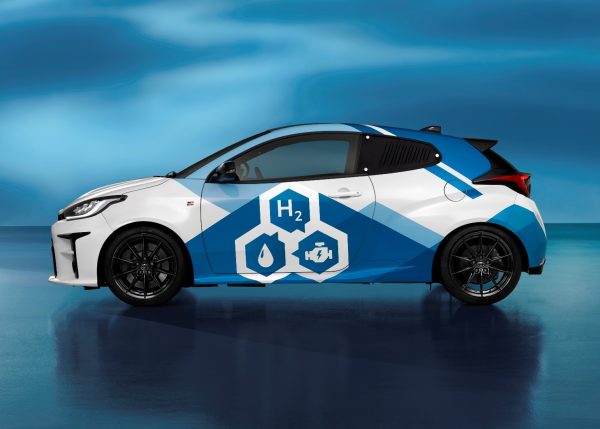
However, despite the clear advantages and having proved its mettle in harsh conditions of motorsport, Toyota concedes that it is still too early to commercialise the hydrogen combustion engine technology.

Here’s the press release with more information:
PRESS RELEASE
Toyota today showcased its experimental hydrogen-powered combustion engine technology in the multiple award-winning GR Yaris.
The hydrogen fuel, fuel tanks and refuelling process of the experimental vehicle are the same as found in the Mirai, Toyota’s commercially available flagship fuel cell electric vehicle.
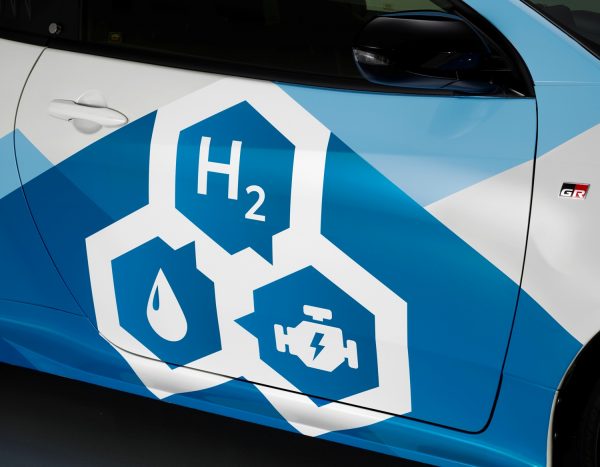
However, whilst the Mirai employs chemical reaction in the fuel cells to generate energy, the experimental GR Yaris features an internal combustion engine with hydrogen as the fuel.
While the hydrogen combustion engine technology is still in the early stages of conceptual development and experimentation, which started in 2017 and not yet ready for commercialisation, Toyota’s experimental hydrogen-powered Corolla Sport is already delivering high performance at motorsport events in Japan with almost zero tailpipe emissions.
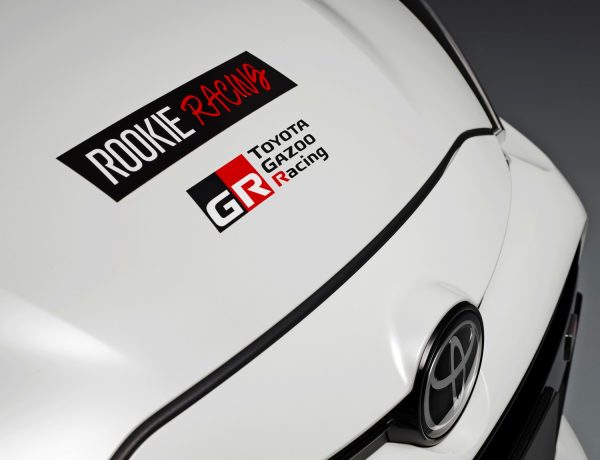
“Japan’s auto industry must succeed in building passenger vehicles. To this end, manufacturers must participate in auto-racing to test their vehicles’ durability and performance and display their utmost performance. With competition comes progress, as well as excitement among motoring fans. The aim of racing is not just to satisfy our curiosity, but rather to enable the development of the Japanese passenger vehicle industry.
Kiichiro Toyoda, Founder of Toyota Motor Corporation (March, 1952)„
The hydrogen-powered experimental GR Yaris and the Corolla Sport both feature the same G16E-GTS, 1.6-litre, in-line 3-cylinder, turbocharged engine that is found in the award-winning GR Yaris, but with a modified fuel supply and injection system for use with hydrogen as fuel.
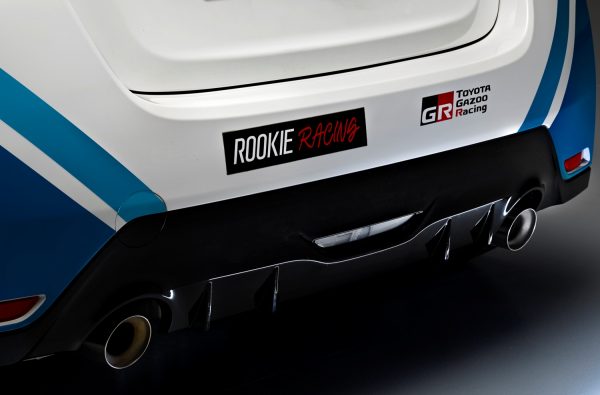
The experimental hydrogen-powered Corolla Sport has already been competing in the Super Taikyu race series in Japan since May this year under the ROOKIE Racing arm of Toyota GAZOO Racing where the team has taken on the challenge to test the experimental hydrogen combustion engine under the harsh environments of motorsport.
“We’ve taken the first step to compete with and develop our hydrogen-powered engine with the mindset of taking on the challenge. I imagine things will look a little different 10 years from now, and I hope people will look back and see how we took on the challenge with positivity and enjoyed every moment of it.
Akio Toyoda, President of Toyota Motor Corporation„
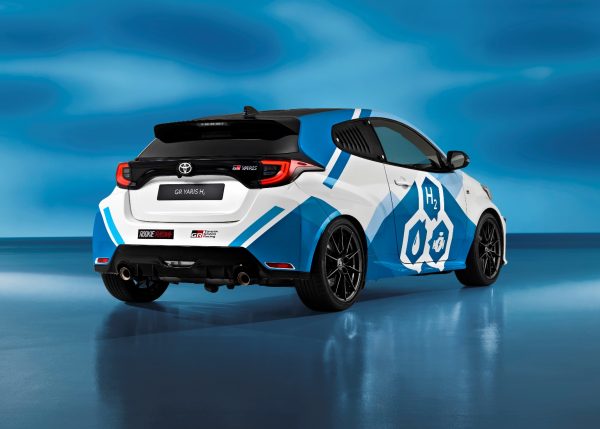
Hydrogen combusts at a faster rate than petrol, resulting in good responsiveness whilst delivering excellent environmental performance. In addition to being extremely clean, hydrogen combustion has the added potential to relay a fun to drive experience with the acoustic and sensory sensations that characterise internal combustion engines.
Towards achieving carbon neutrality, Toyota has been strengthening its efforts, such as by aiming to promote the use of hydrogen through the popularisation of FCEVs and numerous other fuel-cell-powered products. By further refining its hydrogen-engine technologies through motorsports, Toyota intends to aim for the realisation of an even better hydrogen-based society.


